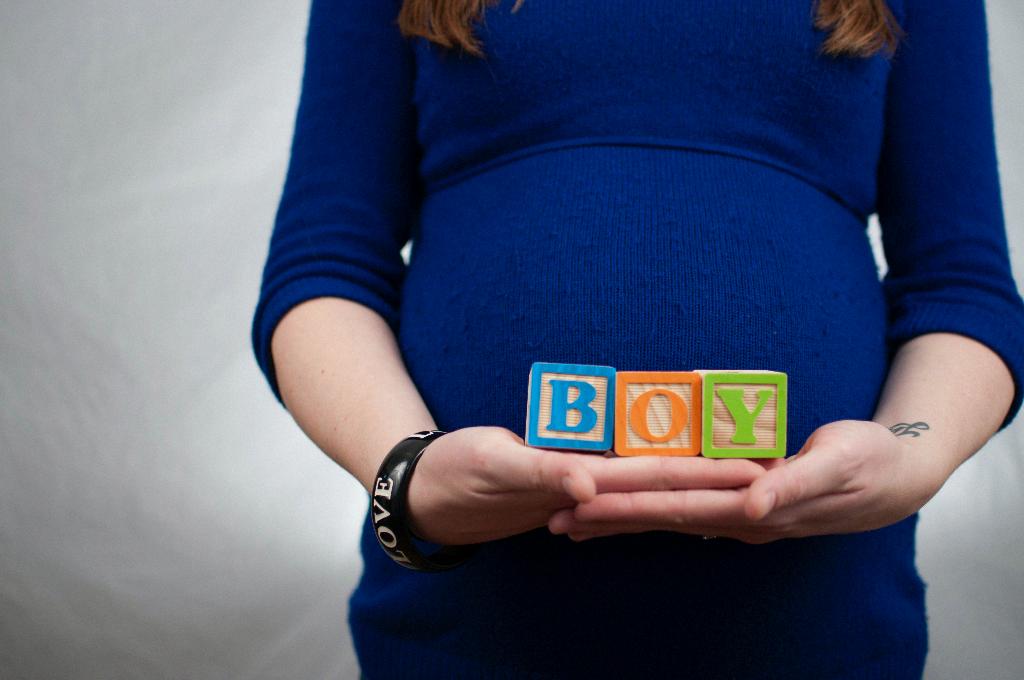When it comes to fasting during pregnancy, the safety and well-being of both the mother and the baby are of paramount importance. It is essential to consider the potential risks and consequences associated with fasting while pregnant. The duration for which a pregnant woman can safely fast is a topic that requires careful consideration and expert advice.
Importance of Nutritional Intake
Pregnancy is a period of heightened nutritional needs for the developing fetus. Adequate intake of essential nutrients such as folic acid, iron, calcium, and protein is crucial for the proper growth and development of the baby. Fasting for prolonged periods can lead to nutrient deficiencies, which can have serious implications for both the mother and the baby.
Effects of Fasting on Pregnancy
Research has shown that fasting for extended periods during pregnancy can increase the risk of complications such as preterm birth and low birth weight. It can also deprive the baby of essential nutrients needed for healthy growth and development. Therefore, it is advisable for pregnant women to consult their healthcare providers before considering any form of fasting.
Duration of Fasting
While specific recommendations on the duration of fasting during pregnancy may vary, it is generally considered unsafe for pregnant women to go without eating for prolonged periods. Studies have indicated that not eating for even 13 hours can elevate the risk of preterm birth, underscoring the importance of maintaining regular and balanced meals throughout pregnancy.
Risks Associated with Prolonged Fasting
Prolonged fasting can lead to a drop in blood sugar levels, dehydration, and decreased energy levels, all of which can have adverse effects on the health of both the mother and the baby. It is crucial for pregnant women to prioritize their nutritional intake and ensure they are meeting their daily requirements for optimal health and well-being.
Consultation with Healthcare Providers
Before embarking on any fasting regimen during pregnancy, it is imperative for pregnant women to seek guidance from their healthcare providers. Healthcare professionals can provide personalized advice based on individual health needs and pregnancy conditions to ensure the safety and well-being of both the mother and the baby.
Alternative Approaches to Fasting
For pregnant women who wish to incorporate fasting into their routine, alternative approaches such as intermittent fasting or time-restricted eating may be considered under the supervision of a healthcare provider. These methods involve structured eating patterns that allow for periods of fasting while ensuring adequate nutrient intake during specific windows of time.
Balanced Diet and Hydration
Regardless of whether fasting is part of a pregnant woman’s routine, maintaining a balanced diet rich in essential nutrients is essential for promoting a healthy pregnancy. Adequate hydration is also crucial to support the body’s functions and ensure optimal health for both the mother and the baby.
Monitoring Health and Well-Being
Pregnant women should pay close attention to their body’s signals and monitor their health and well-being throughout pregnancy. Any significant changes in energy levels, appetite, or overall health should be promptly discussed with a healthcare provider to address any potential concerns or risks associated with fasting.
Individualized Care and Support
Each pregnancy is unique, and the nutritional needs of pregnant women can vary based on factors such as age, weight, health history, and pregnancy conditions. It is important for pregnant women to receive individualized care and support from their healthcare providers to ensure that their dietary choices align with their specific needs and requirements.
Conclusion
In conclusion, the duration for which a pregnant woman can safely fast is a complex and multifaceted issue that requires careful consideration and expert guidance. Prioritizing nutritional intake, seeking advice from healthcare providers, and monitoring health and well-being are essential steps for promoting a healthy pregnancy and ensuring the safety and well-being of both the mother and the baby.

